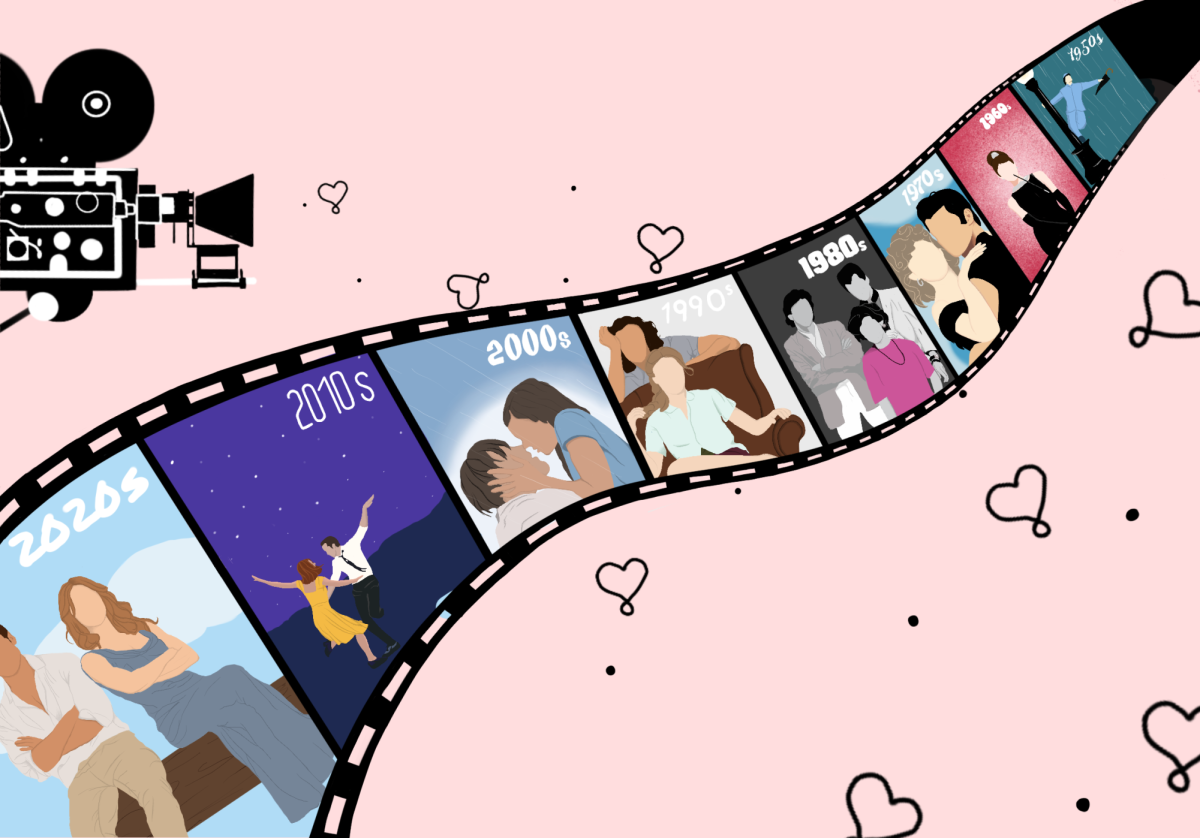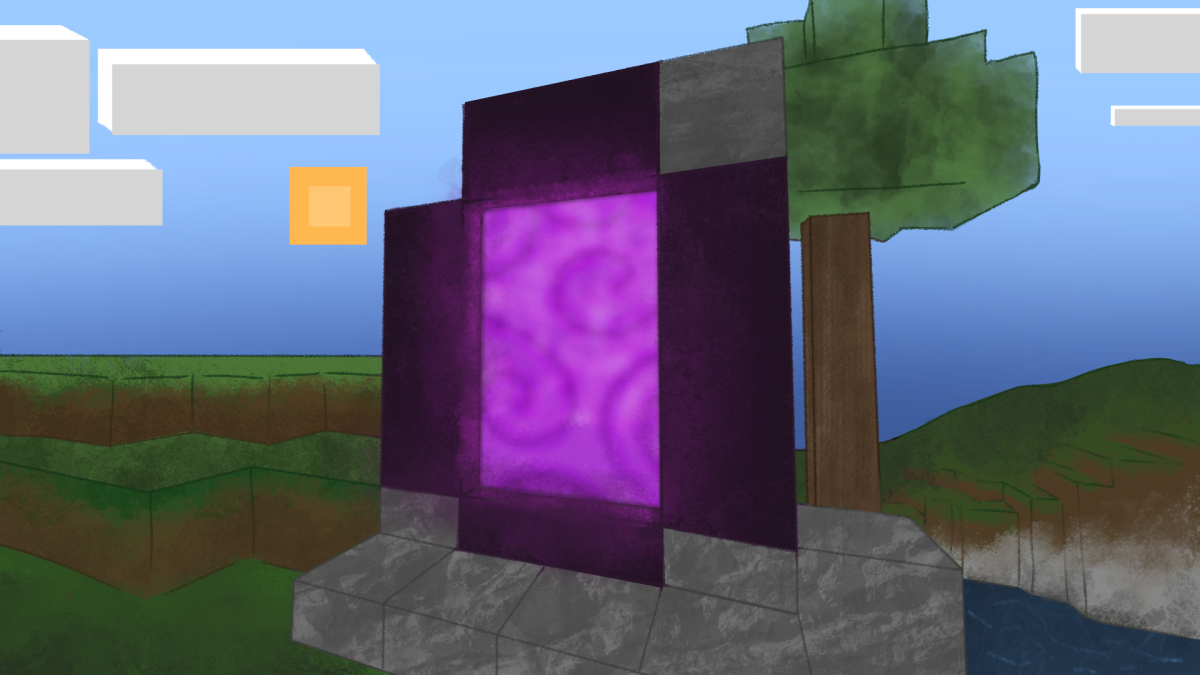
None of it is real, even though all of it is real. Casey Affleck, actor, brother of Ben Affleck, Joaquin Phoenix’s brother-in-law and director of “I’m Still Here” let the cat out of the bag: it was all a hoax. Joaquin Phoenix did not really stop acting to become a rapper, and while his beard was grown organically the anarchic chaos it is supposed to represent was all planned and prepackaged.
Phoenix and company set out to make a movie unlike anything they had ever done or seen before, and in that regard “I’m Still Here” is an unequivocal success. There have been mockumentaries before (“documentaries” like ” is… Spinal Tap” and TV shows like “The Office”), but none where the focus of the movie is supposedly playing himself.
The closest thematic equivalents are the Sacha Baron Cohen movies “Borat” and “Bruno,” but Cohen makes the audience fully aware of his characters. Phoenix is clearly not averse to dirty humor in the same vain as Cohen and there are clear satirical tones in both, but Phoenix sets his sights on lampooning the entertainment industry that he has clearly become a part of.
The film’s production quality is initially horrid. The lighting is either excessive or non-existent. The shots are primarily poorly framed and Phoenix is often inaudibly murmuring. But as the film gathers steam so does its production, and the audience becomes more and more aware that it is too implausible to be true. Phoenix commits several crimes on camera and acknowledges that more are occurring off of it, but no one on the set either reaches out to him to lend a helping hand or condemns him for his actions.
Phoenix’s character is absurdly self-conscious, self-involved and arrogant. Phoenix is on screen for essentially the entire film, in the eyes of JP (his rap name) everyone around him is merely a part of what he believes JP to be. His music is comically inept, and when he meets with rap super-producer Sean “Diddy” Combs any reasonable viewer would understand that there is simply no way any of these interactions could be real.
When an actor like Michael Cera is in a movie, the audience knows that he is playing a version of himself; Phoenix seems to be playing someone no one could ever be. He is obsessed with fame, yet tortured by the notoriety it brings. He wants to be a famous rapper, but he can’t change the fact that he’s already a famous actor.
But what is ultimately ironic about the film is that the audience learns next to nothing about who Joaquin Phoenix really is.
He has a clear sense of humor, awkward pauses followed by outrageous outbursts, but Phoenix does not allow his true self to come out. JP spends most of the film talking about who he is and his attempt to be real, but it is all an act. Instead, the audience learns about the culture that surrounds Phoenix’s caricature.
The film is interspersed with clips from TV shows and Youtube videos of people brutally making fun of Phoenix for his admittedly strange career choices. However, as things in JP’s fictional life get out of hand, the people keep viciously berating him. These people are unaware of whether or not they are being duped, and maybe it is this fear that rallies up their onslaughts, but they still chew Phoenix up and spit him out.
His life spirals out of control and people still try to exploit him for quick laughs or a quick buck. When his life appears to hit rock bottom people continue to throw him under the bus. It is at this point you realize the point that Phoenix and Affleck are trying to make: like Phoenix’s previous role in Gladiator, our society has become like Rome before the fall.
“I’m Still Here” does not quite stand up as a traditional film; the narrative attempts to be cinematic but settles for meandering. But as an experience, it is entirely original and provocative. It is funny, it is crude, it is unbelievable and it is strange, but it is a journey that takes you not into the depths of the soul but into the collective conscience of the consumers of entertainment.







